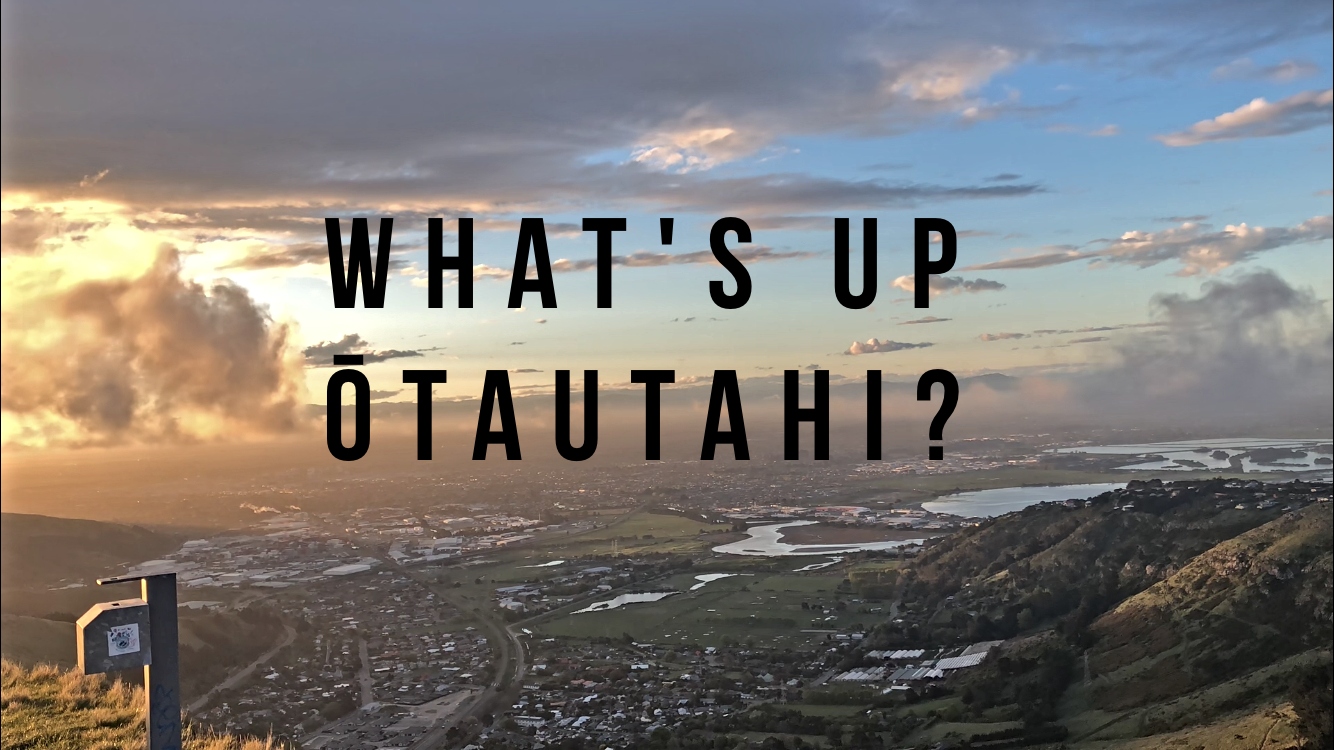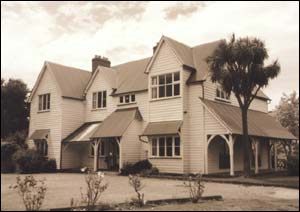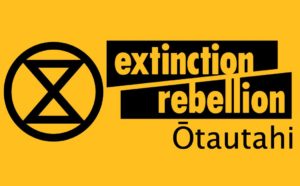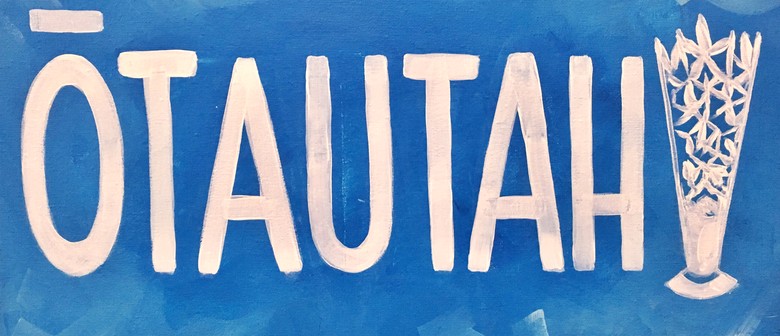The agenda to eradicate Christchurch.
by Martin Harris 2/10/20
Ten years ago a series of powerful earthquakes (themselves the subject of much controversy) demolished much of central Christchurch and Eastern suburbs. The subsequent ongoing rebuild has been subject to much political muddling and meddling. Now, it seems even the name “Christchurch” is being targeted for demolition!

According to the proponents of the name change, “Otautahi” is the original name of the land upon which the City of Christchurch was constructed. While the Colonial name’s origin is uncertain, it’s acceptance was “unanimous” according to the University Of Victoria: http://nzetc.victoria.ac.nz/tm/scholarly/tei-Gov09_04Rail-t1-body-d14.html
But Otautahi? Lets examine the facts and unwrap the agenda.
According to Christchurch City Libraries:
Ōtautahi – Christchurch

Ōtautahi was originally the name of a specific site in central Christchurch, a kāika situated on present day Kilmore Street near the fire station.
It means the place of Tautahi
and was adopted as the general name for Christchurch in the 1930s. Prior to this, Ngāi Tahu generally referred to the Christchurch area as Karaitiana.
Our city’s namesake
Te Potiki Tautahi was one of the original Ngāi Tahu people to settle in the Canterbury region. His settlement was at Koukourarata (Port Levy) on Horomaka (Banks Peninsula). At that time, the swampy flatlands of the present day site of Christchurch city were abundant with food such as ducks, weka, eels and small fish.
Tautahi and his people made frequent forays from Koukourarata around the Peninsula and then up the Ōtākaro (Avon River) to gather kai. They camped on the river banks as they caught eels and snared birds in the harakeke. Tautahi died during one of these visits and is buried in the urupā on the site of what was St Luke’s Church vicarage on the corner of Kilmore and Manchester Streets (demolished following the 2010 and 2011 earthquakes).
The area now defined as Christchurch city was named as Tautahi’s special territory. The full name is Te Whenua o Te Potiki-Tautahi, this was later shortened to Ō Te Potiki Tautahi and then shortened further to the name we have today, Ōtautahi.
Therefore the name “Otautahi” is a manufactured abbreviation: Understandable as the original, highly descriptive name is somewhat impractical in modern times. But is it valid? And can we trust the “history” as presented above?
The name Otautahi also describes a specific location in the land upon which the Colonial city was constructed, and NOT the whole area itself. Prior to the construction of the city, it was unoccupied wetlands that were visited during “frequent forays” to “gather kai” (food). Therefore there was no permanent settlement there, at least by the time of Colonial arrival and settlement, although two previous settlements had existed at some point:
…two kāinga nohoanga (settlements), Puāri and Tautahi. Both these kāinga nohoanga had ceased to act as permanent settlements at some point between 1700 and 1800, but continued to be used as temporary accommodation by Ngāi Tahu travelling through this area or to this area to gather food or other resources.
https://www.otakaroltd.co.nz/assets/Uploads/ThePublicRealm.pdf
Based upon this information, it seems unjustified to rename the entire greater city of Christchurch, Otautahi. And yet someone very clearly thinks to the contrary.
Our local print media and even our City Council started calling Christchurch “Christchurch Otautahi” over the past few years, and in recent weeks has switched emphasis to “Otautahi Christchurch”. Is it only a matter of time before they quietly drop the Colonial name altogether? Polls on the subject suggest it would be an unpopular move and would likely be opposed if put through public consultation.
The plot thickens. Even amongst Maori elders and academics, the proposed name-change is highly controversial, as highlighted by a recent MSM article:
Any push to formally adopt Ōtautahi as the te reo name for Christchurch should be approached with caution because it is derived from an ancestor’s name, a Ngāi Tahu expert believes.
The te reo name is used by the Christchurch City Council and promotions agency ChristchurchNZ, but its origins are disputed and has been avoided by some within local iwi in the past…
“This is a word of caution and a point that needs to be carefully considered when dealing with ancestral names in the city; it also explains why some Ngāi Tahu used to refer to Christchurch as ‘Karaitiana – Christian’ and not Ōtautahi,’’ he wrote. [my emphasis, MH]
Tau also disputed the origin of the name featured on the Christchurch City Libraries website and in the 1945 book Māori Place-names of Canterbury by Herries Beattie…
“The Christchurch City Council website refers to Te Pōtiki Tautahi as the ancestor of ‘Ōtautahi’. This is wrong and it has been repeated more than once.
“The ancestor from whom Ōtautahi takes its name was Tautahi, the son of [Ngāi Tahu chief] Huikai of Port Levy.”
https://www.stuff.co.nz/pou-tiaki/te-reo-maori/122813289/tautahi–the-story-behind-christchurchs-informal-te-reo-name
So, it seems the “authorative” Christchurch City Libraries historical information is itself highly questionable!
So then, why the push to change the name? This author suspects it has more to do with erasing the Christian-Colonial name than any genuine concern for indigenous rights and culture. Otherwise, the Ngai Tahu name ‘Karaitiana – Christian’ would be the logical choice.
However, it seems no actual official proposal has been put forward, nor any official consultation process. So again, why is local MSM and authority using the name Otautahi, if not as part of an agenda which is anti-Christian and anti-Colonial in nature?
The first hints lie in the frequent usage of the word “Narrative” in pro-name-change literature (see for eg PDF quoted above). Those familiar with the term “Dog Whistling” will recognise this word as an example of Socialist or Left Wing political Dog Whistling. Figuratively, a ‘dog whistle’ is a coded message communicated through words or phrases commonly understood by a particular group of people, but not by others. All “narratives” in Socialist context are components of a “Grand Narrative”:
…the “narrative” announced first and foremost by Marx and Engels in the Communist Manifesto, which declared that “the history of all hitherto existing society is the history of class struggles,” and that the workers have “nothing to lose but your chains.” It was the indictment of the capitalist system in Marx’s Das Kapital, which prophesied: Along with the constantly diminishing number of the magnates of capital, who usurp and monopolize all advantages of this process of transformation, grows the mass of misery, oppression, slavery, degradation, exploitation; but with this too grows the revolt of the working class, a class always increasing in numbers, and disciplined, united, organized by the very mechanism of the process of capitalist production itself. The monopoly of capital becomes a fetter upon the mode of production, which has sprung up and flourished along with, and under it. Centralization of the means of production and socialization of labour at last reach a point where they become incompatible with their capitalist integument. This integument is burst asunder. The knell of capitalist private property sounds. The expropriators are expropriated. It was the characterization by Friedrich Engels, in his Origin of the Family, Private Property and the State, that the state is merely an instrument of the dominant capitalist class for suppressing and subjugating oppressed classes…
https://www.wsws.org/en/articles/2016/06/01/pers-j01.html
I do not intend to delve in to the pros and cons of Marxism here, just to point out what the use of the word “narrative” actually refers to. A Socialist agenda wrapped up as something else:


That “something else” could be Climate Change and associated environmental issues, racial, cultural or religious issues, sustainability, transportation and infrastructure, housing, and of course, the social and legal alterations being fast-tracked, often quite covertly, under cover of COVID 19, see for instance:
https://www.wri.org/blog/2020/05/insights-big-data-how-covid-19-changing-society
The view that radical societal change has been taking place during the Covid-19 pandemic has been expressed by progressive [Left Wing, Socialist. MH] figures and organisations. For example, George Monbiot has recorded a series of solidarity, bottom-up community actions to conclude that power has migrated from the market and the state to the commons. But despite fascinating and hopeful initiatives of solidarity and commoning developed during Covid-19, the experience of inequality during the pandemic seems to suggest that not enough has yet changed.
https://theecologist.org/2020/jul/07/covid-recovery-and-radical-social-change
These links should convince the reader that COVID 19, regardless of he nature of the virus that causes it or the efforts to defeat it, is being harnessed as means of Social Engineering, creating a “New Normal”.
Given that the authorities worldwide have prepared for a “Lock Step Scenario” resulting in public unrest and push-back to draconian police-state pandemic control measures, it seems almost unthinkable that these same authorities would not harness unrest and protest in order to achieve their ultimate goal of a New World Order.

But under cover of the more dramatic and obvious signs of engineered and guided protests, riots and marches, come less obvious attempts to create a New Normal. “Burning” of library books, the quiet passing of Bills and other legal changes, rewriting history, changes of name and narrative…
In order to create, one must first destroy. In the instance of Christchurch, New Zealand, that process began with the demolition of the old city, and continues with the attempt to change its name along with its cultural and religious connotations.

SEE ALSO:

Get your copy from our Online Store or your local book and magazine retailer
Australian Retail Locations » Uncensored Publications Limited
New Zealand Retail Locations » Uncensored Publications Limited
As censorship heats up and free thought becomes an increasingly rare commodity, we appeal to our readers to support our efforts to reach people with information now being censored elsewhere. In the last few years, Uncensored has itself been censored, removed from the shelves of two of our biggest NZ retailers – Countdown Supermarkets and Whitcoulls Bookstores – accounting for 74% of our total NZ sales.
You can help keep the Free Press alive by subscribing and/or gifting a subscription to your friends and relatives.








